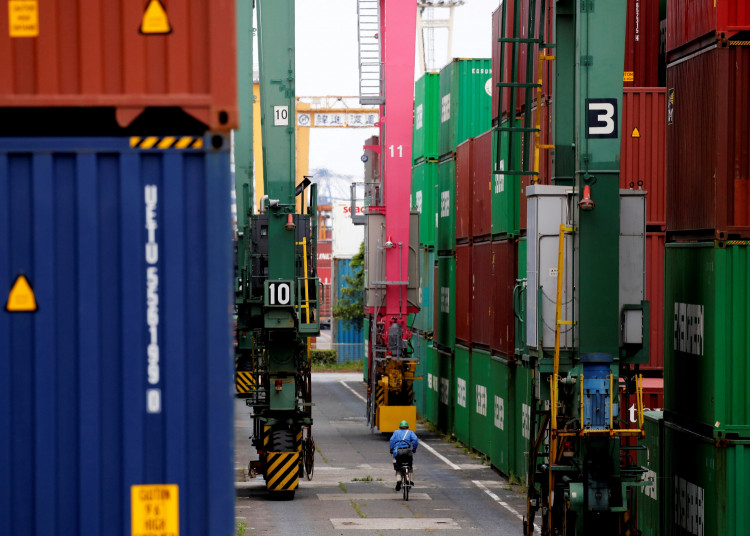Economists are concerned about Japan's decline in exports for October as the country saw a 9.2 percent decline year-on-year. The slump is the fastest yet in three years.
According to Reuters, official data was released on Wednesday, indicating that Japan is starting to feel the impact of weaker demand from both China and the United States. The decline also exceeded economist forecasts of a 7.6 percent drop for the month.
Asian exports dropped by 11.2 percent for the month, while exports to China also declined by 10.3 percent. This is the eighth month that deliveries of car components and plastic products to the Chinese market saw a slump.
Asia accounts for over half of Japan's overall yearly exports, while China is Japan's current biggest trading partner. The decline in two regions has since caused concern among economists who believe the country can do more to help support the economy.
Chief economist at Norinchukin Research Institute, Takeshi Minami, noted that most economists believe the slump in October exports was due to "weaker" exports to the U.S.
As concern continues to rise for the Japanese economy, lawmakers recently called on the government to curb the impact of a slowing global economy by boosting government spending for the fiscal year.
The government confirmed that it has plans to develop a stimulus package that should help curb the effects of a declining economy due to external headwinds such as weak demand, as was exemplified in the export figures for October.
Japan's central bank has also warned last month that it could cut interest rates in the future despite retaining a stead monetary policy. It remains to be seen whether the bank will cut rates before year-end under increasing pressure.
Last week, official data for the third quarter of 2019 indicated that the country almost hit a standstill in economic growth. The Japanese economy posted its weakest growth yet for the year during Q3.
Among the factors that affected weak growth in the third quarter are softer private consumption figures and global risks such as the China-U.S. trade war. Japan is one of the countries that relies on two of the world's largest economies for trade.
At the time of the Q3 data's release, executive research fellow at NLI Research Institute, Taro Saito, noted that while domestic demand helped support the economy during the third quarter, "we can't count on this to continue."
Some of Japan's biggest exporting companies also posted significant declines in operating profits, including Panasonic Corp, which saw a 12 percent drop. The country's trade war with South Korea has also been a point of attribution for the weaker economic growth figures.





